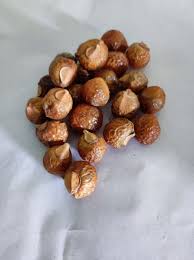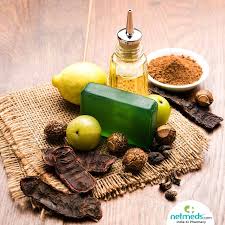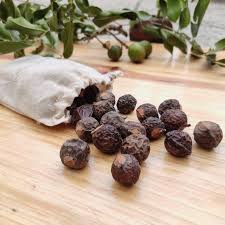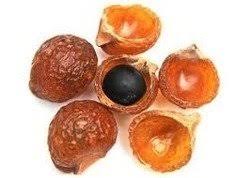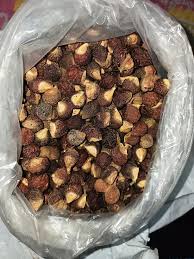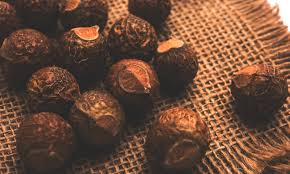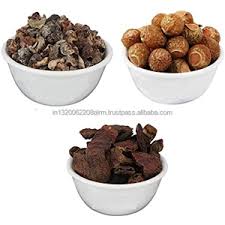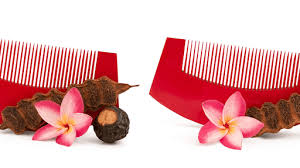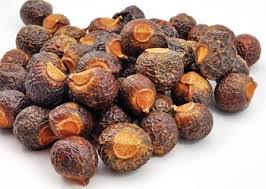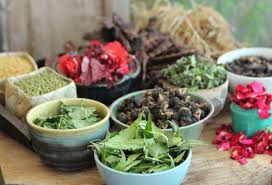For centuries, Jadi Buti (medicinal herbs) have been an integral part of traditional healing systems, especially in Ayurveda, Unani, and Chinese medicine. But how do these herbs actually work? What makes them so effective in promoting health and wellness? Modern science is now uncovering the biochemical properties and mechanisms behind these powerful natural remedies. In this article, we will explore the scientific principles behind Jadi Buti, how they interact with the body, and why they remain one of nature’s most potent solutions for health and well-being.
Long Description:
1. #Understanding Jadi Buti: Nature’s Pharmacy
Jadi Buti, or medicinal herbs, contain bioactive compounds that interact with the body's biological systems. These compounds, such as alkaloids, flavonoids, terpenes, tannins, and saponins, have been studied for their medicinal effects. Some herbs boost immunity, others support digestion, while some work as natural anti-inflammatories or pain relievers.
- Example: Ashwagandha contains withanolides, which reduce stress and enhance brain function.
- Example: Turmeric has curcumin, a powerful antioxidant that fights inflammation.
Scientific research has confirmed that these herbs influence cellular function, hormone regulation, and neurotransmitter activity, helping maintain overall health.
2. #How Jadi Buti Interact with the Human Body
Each Jadi Buti works uniquely in the body by interacting with specific biological pathways.
- Adaptogens (e.g., Ashwagandha, Rhodiola) help the body cope with stress by balancing cortisol levels.
- Anti-inflammatory herbs (e.g., Turmeric, Ginger) block pro-inflammatory enzymes, reducing pain and swelling.
- Antioxidant-rich herbs (e.g., Tulsi, Moringa) neutralize free radicals, preventing cellular damage and aging.
- Digestive boosters (e.g., Triphala, Fennel) stimulate the release of digestive enzymes, improving gut health.
The active compounds in these herbs bind to receptors in the brain, nervous system, or immune system, influencing biochemical reactions and promoting healing.
3. #Jadi Buti and the Endocrine System: Balancing Hormones
Many herbs act on the endocrine system, which controls hormone production and balance.
- Shatavari regulates estrogen levels in women, supporting reproductive health.
- Ashwagandha influences thyroid hormones, helping in cases of hypothyroidism or hyperthyroidism.
- Ginseng enhances testosterone production, improving stamina and energy.
By modulating hormonal responses, these herbs help restore balance, reduce stress, and enhance overall well-being.
4. #Herbs and the Immune System: Natural Defenders
Herbs strengthen the body's natural defense system by boosting white blood cell production, reducing inflammation, and fighting infections.
- Giloy (Guduchi) enhances immune response and fights infections.
- Tulsi (Holy Basil) has antimicrobial properties, protecting against colds and flu.
- Amla (Indian Gooseberry) is rich in vitamin C, boosting immune function.
Scientific studies show that phytochemicals in these herbs improve immune resilience and prevent chronic illnesses.
5. #Brain and Cognitive Function: Jadi Buti for Mental Clarity
Many traditional herbs improve memory, focus, and mental clarity by stimulating neurotransmitter activity in the brain.
- Brahmi (Bacopa Monnieri) enhances cognitive function and memory retention.
- Gotu Kola supports brain plasticity and concentration.
- Ginkgo Biloba improves blood circulation to the brain, preventing age-related decline.
These herbs work by modulating acetylcholine, serotonin, and dopamine—neurotransmitters responsible for mood, memory, and mental alertness.
6. #Scientific Validation of Jadi Buti
Modern scientific research backs the benefits of many Jadi Buti. Clinical trials and lab studies confirm their effectiveness in treating various conditions:
- Turmeric (Curcumin) – Proven to reduce inflammation and joint pain (Journal of Medicinal Food).
- Ashwagandha – Shown to lower cortisol and improve stress resilience (Indian Journal of Psychological Medicine).
- Ginseng – Found to boost energy and endurance (Journal of Ethnopharmacology).
As more research emerges, traditional herbal wisdom is being validated by modern science.


